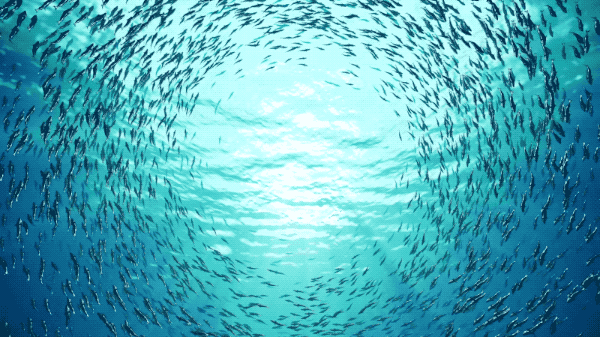First Published in the Chronicle Herald, December 12, 2020 It was recently announced that Alberta, the province at the heart of Canada’s fossil fuel industry, will retire it’s last coal-fired electricity plants seven years ahead of schedule, and add capacity using wind and solar alternatives. The reason isn’t government regulation or pressure from environmental groups, but...
Tag: Thomas Trappenberg
Thomas Trappenberg and the Green Party of Nova Scotia Stand with Evidence
Yesterday, the executive director of the Aquaculture Association of Nova Scotia published an editorial in which he accused Thomas Trappenberg, leader of the Green Party of Nova Scotia, of leading a misinformation campaign against his industry. Lacking evidence and without citing any specific case of misinformation, the attack, which also names the Ecology Action...
Green Party Supports Citizen Groups Opposing Open-Pen Aquaculture
“A government that rejects legitimate, critical public input, by using bureaucratic technicalities is abusing its authority. The decision to extend leases to Cooke Aquaculture under these circumstances, against overwhelming public objection, is at best arrogant, at worst anti-democratic.” FOR IMMEDIATE RELEASE Thursday, May 27 The Green Party of Nova Scotia strongly supports...


